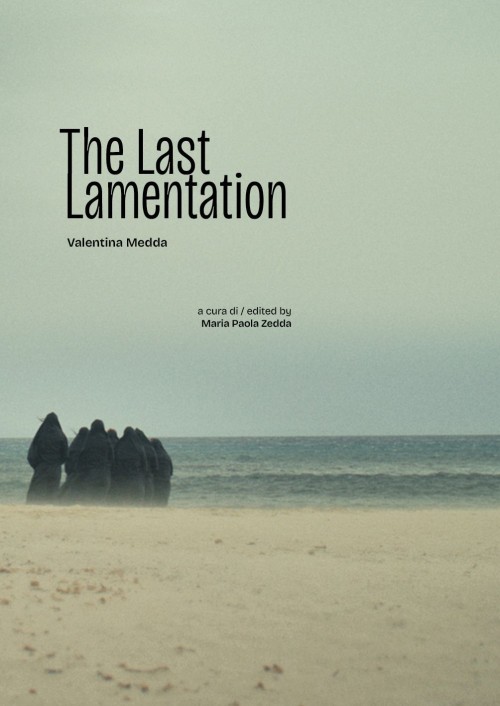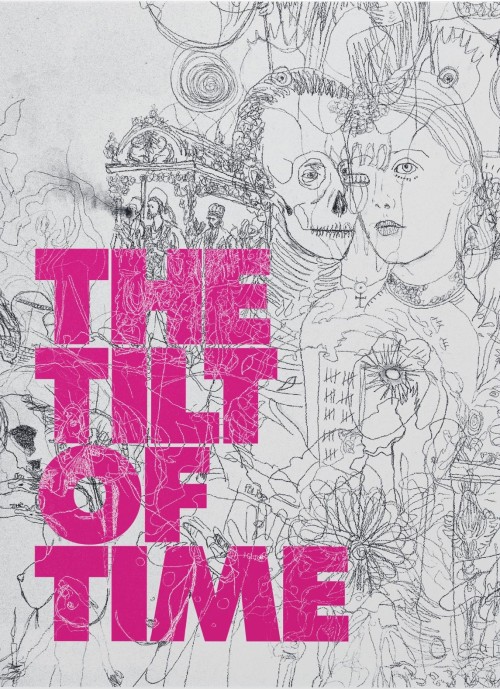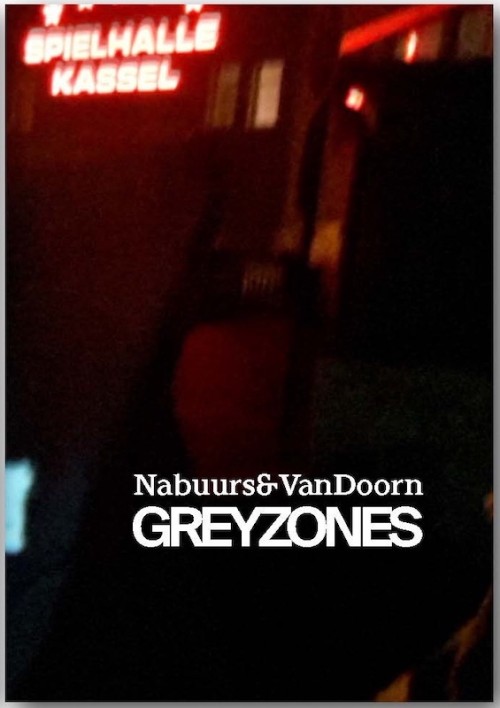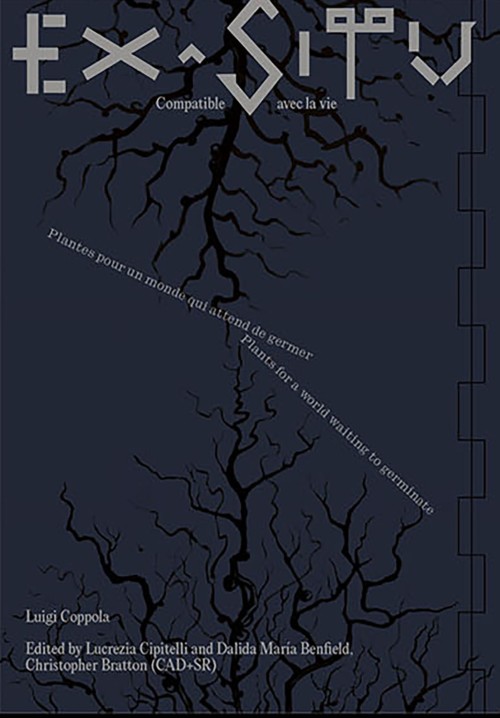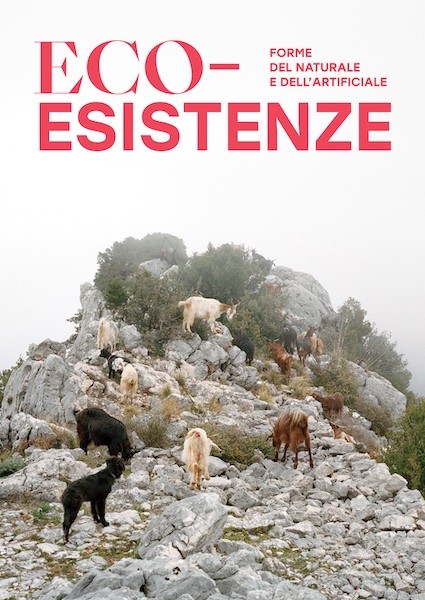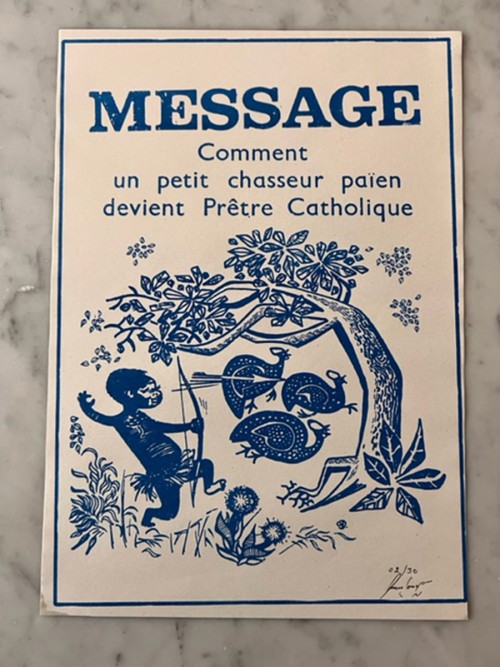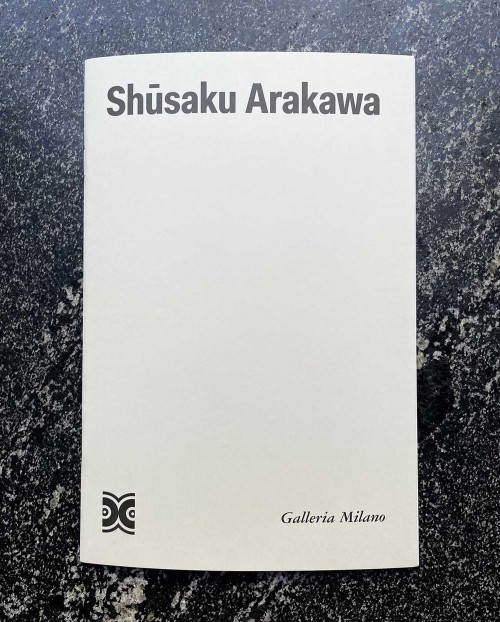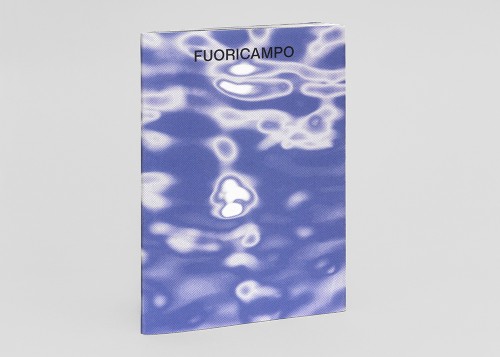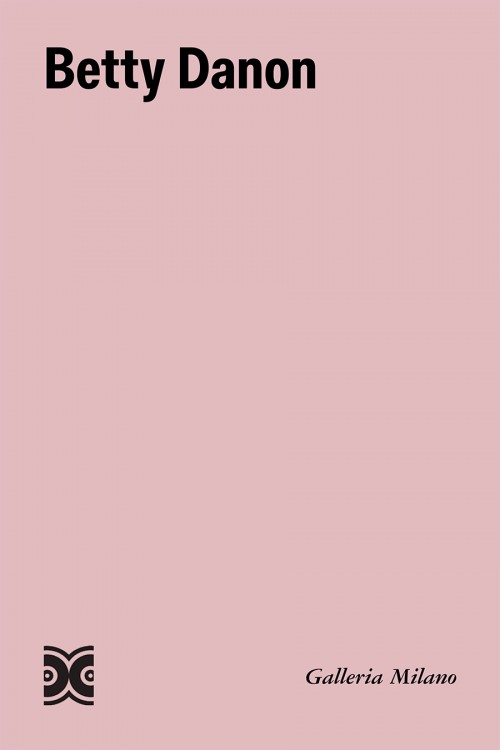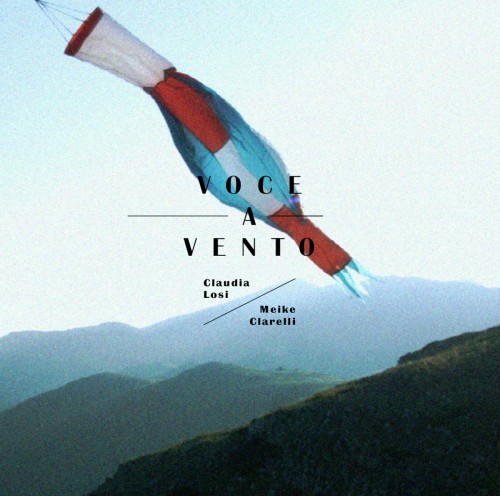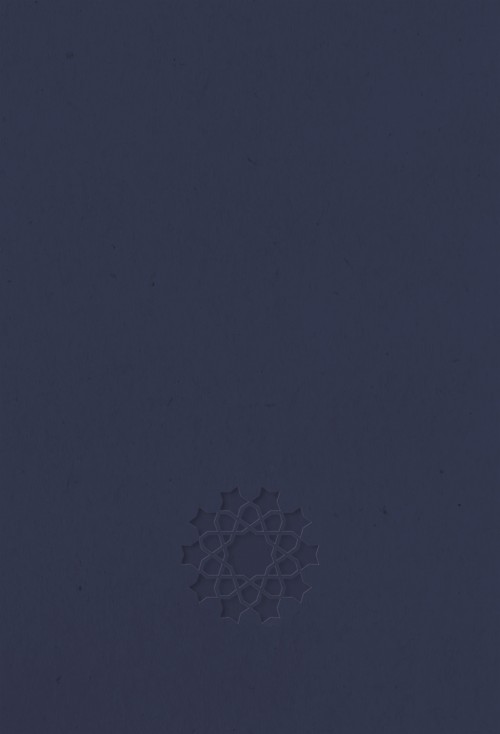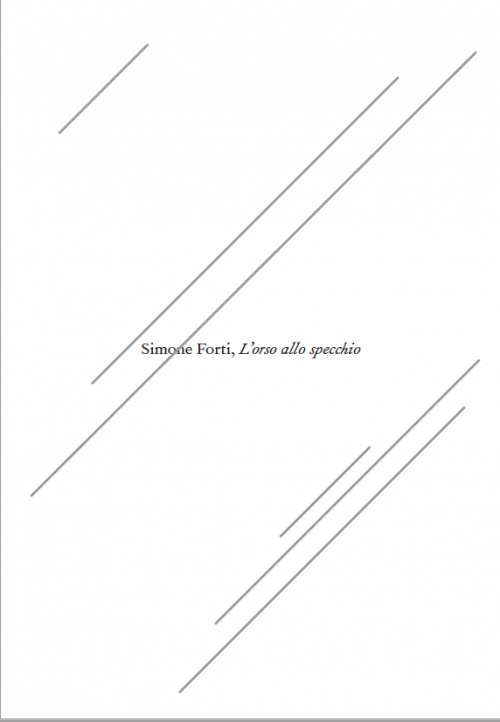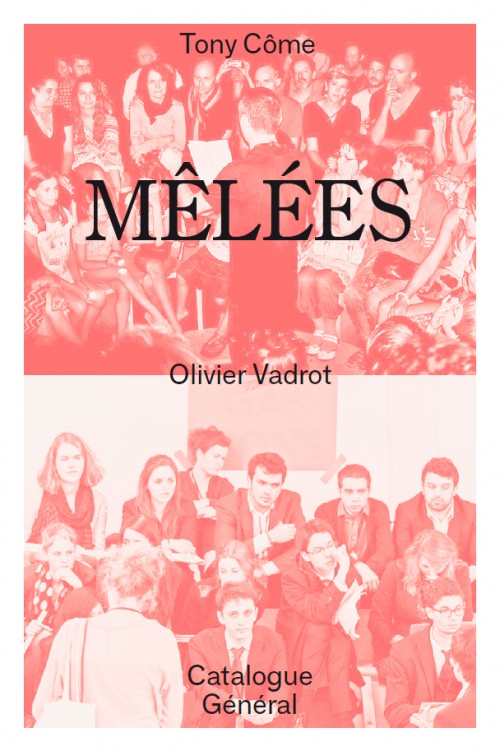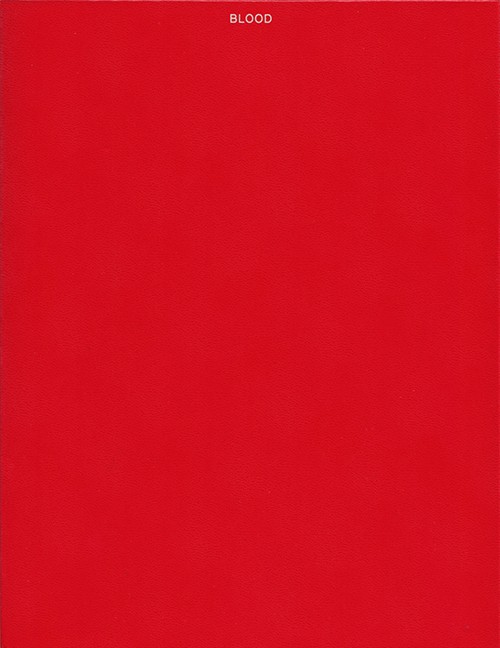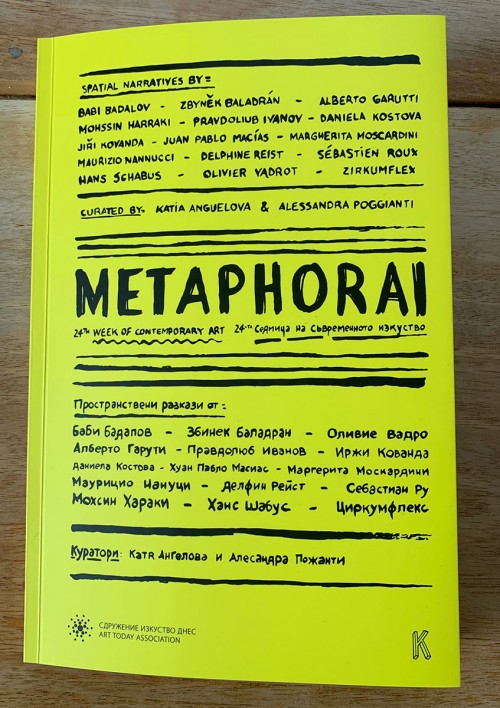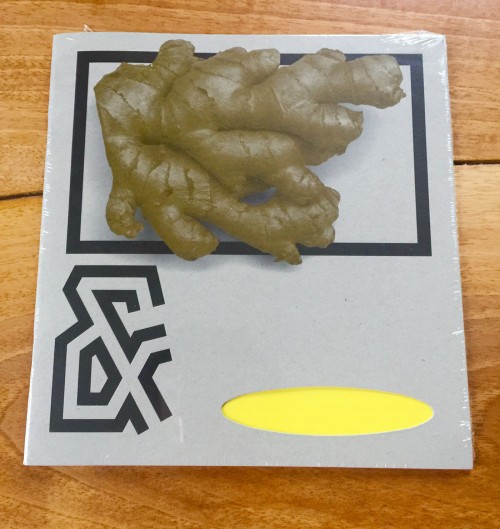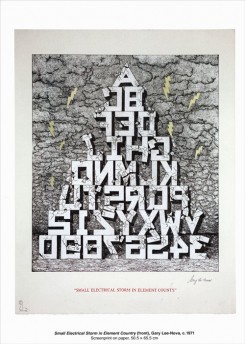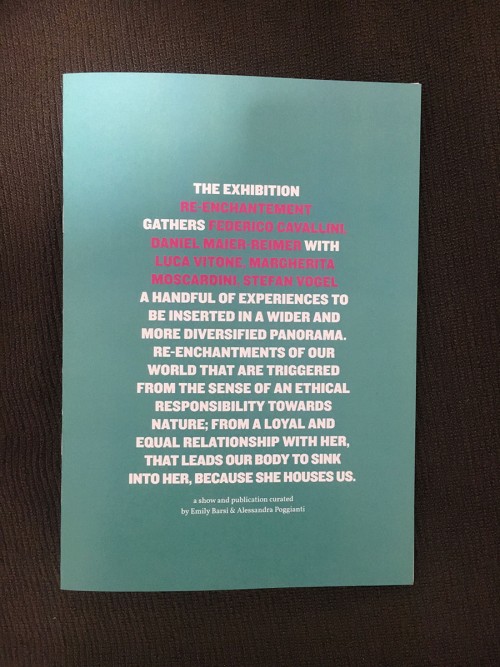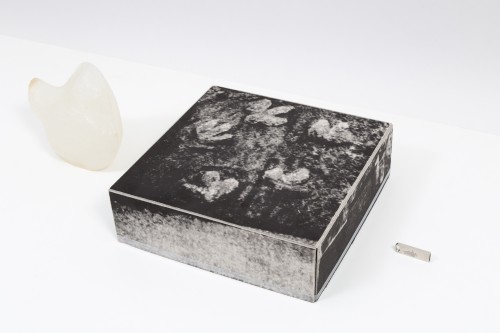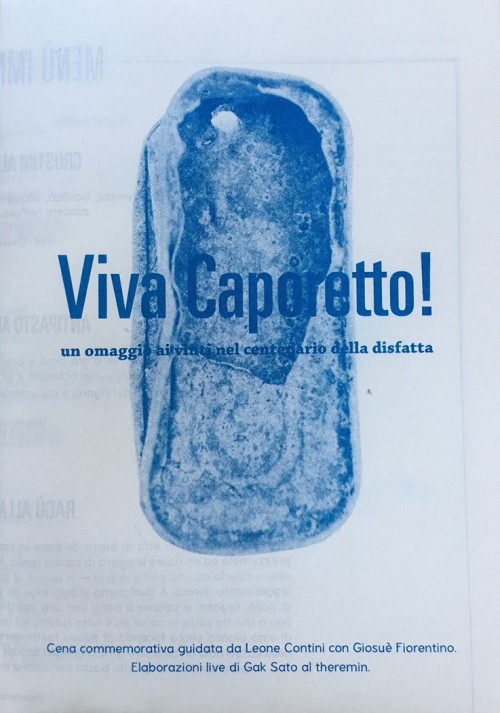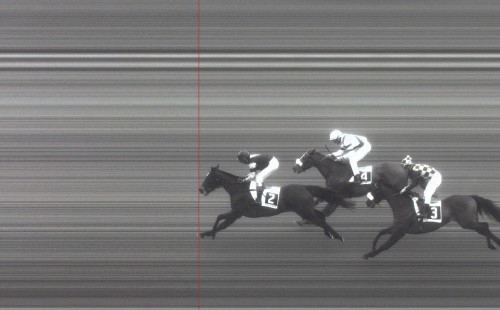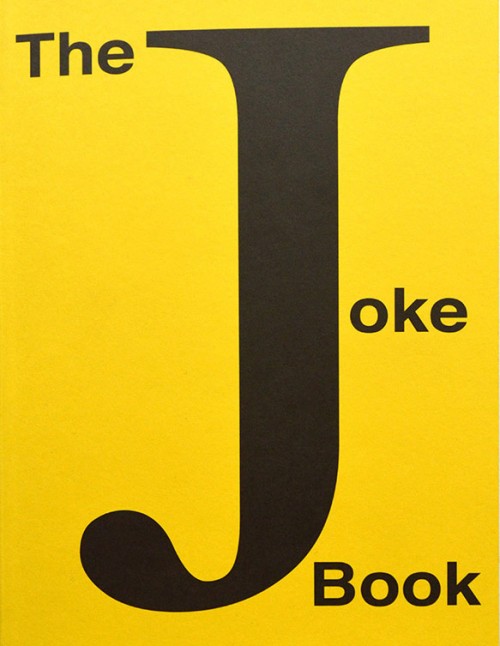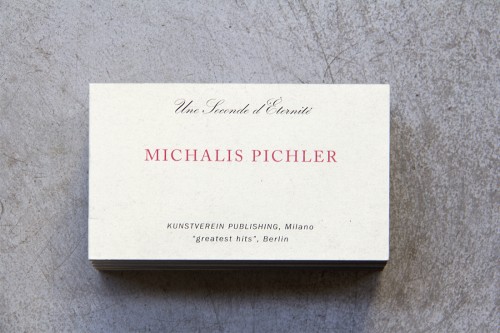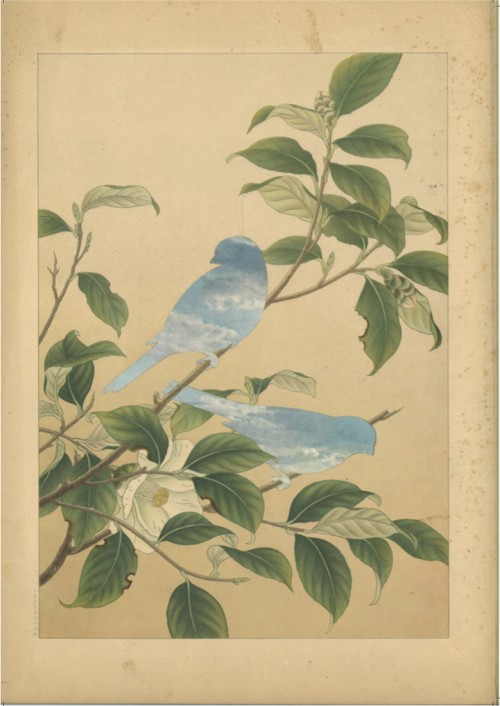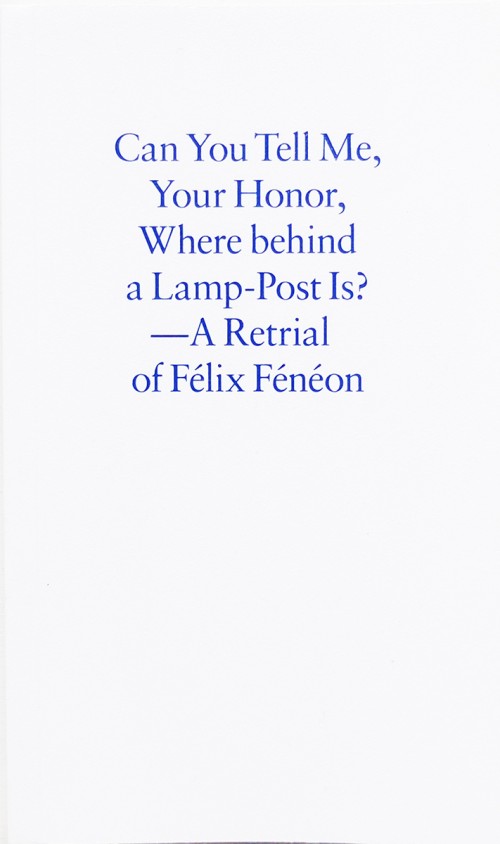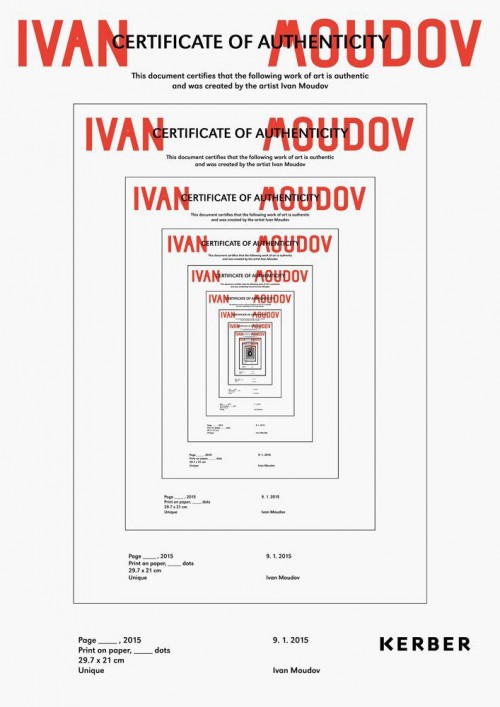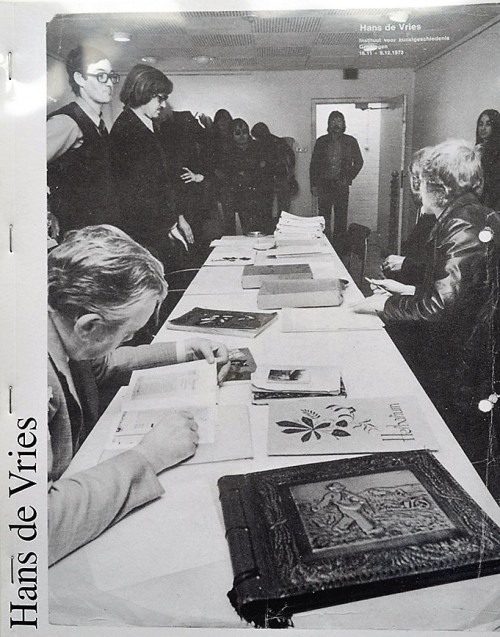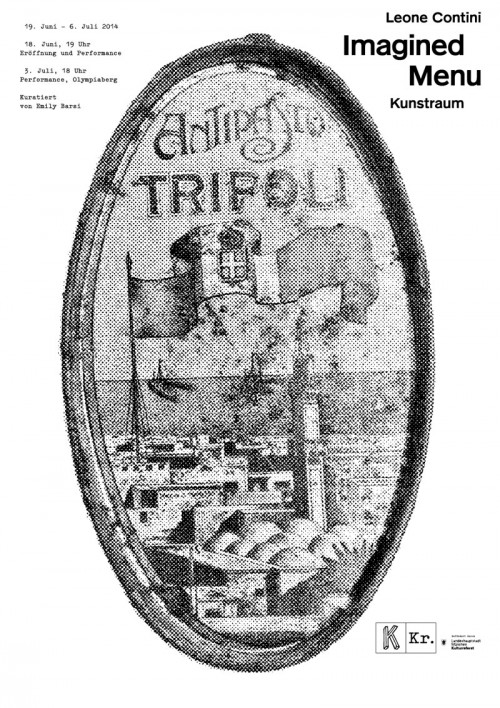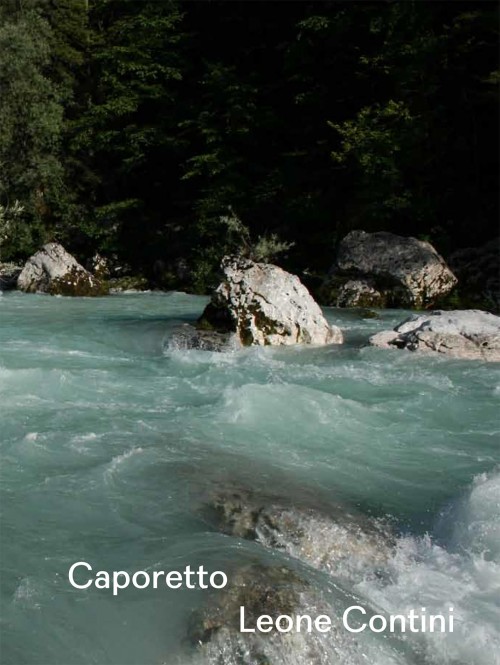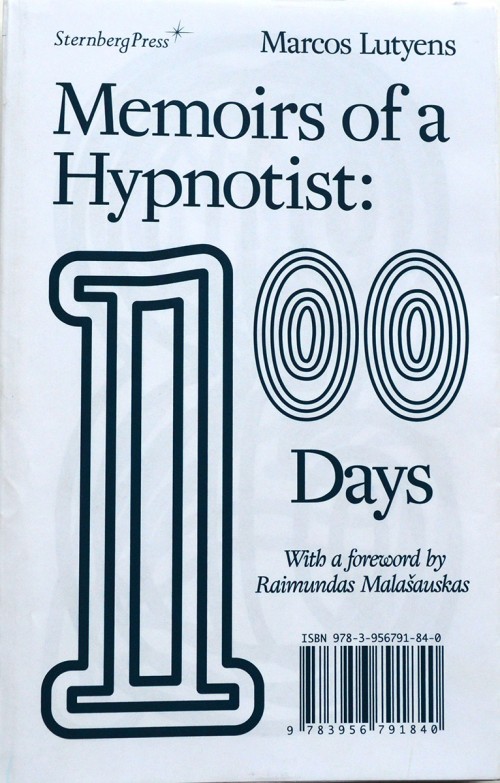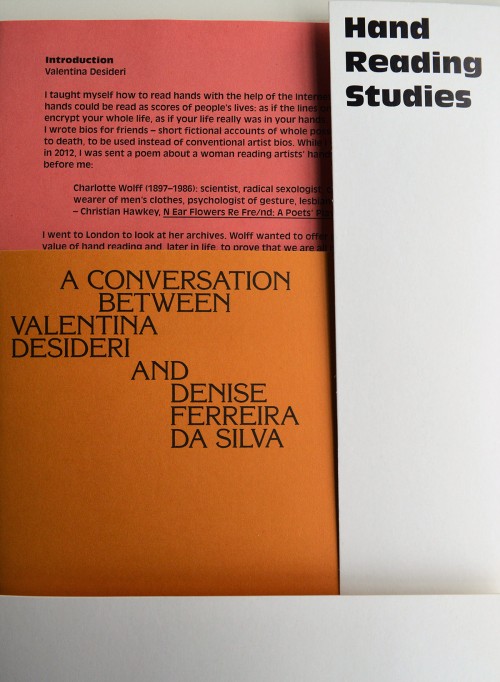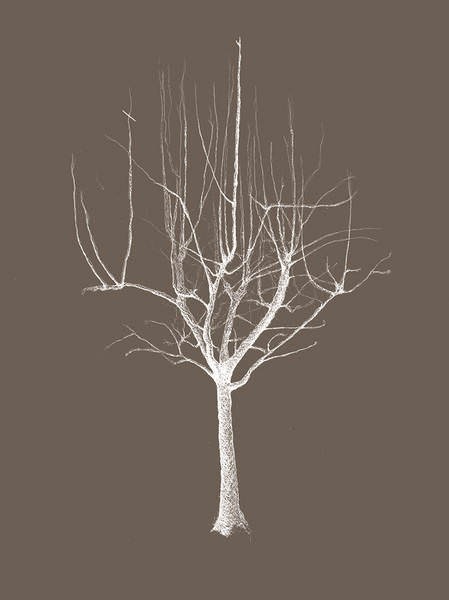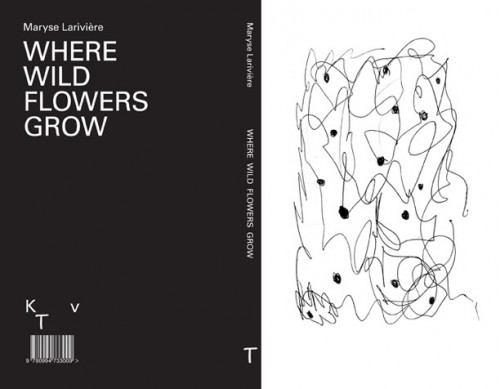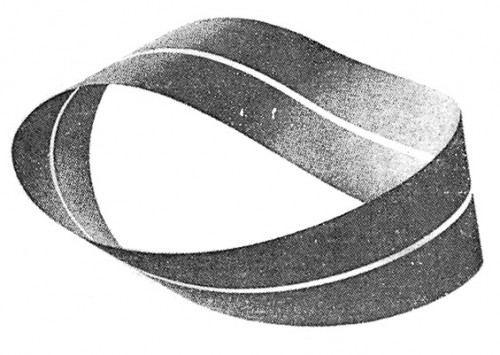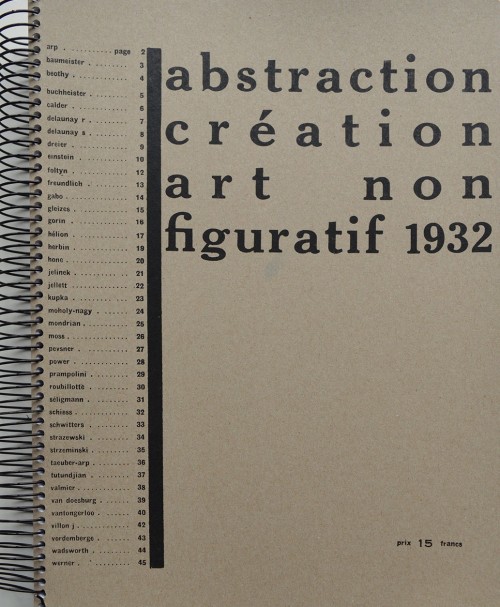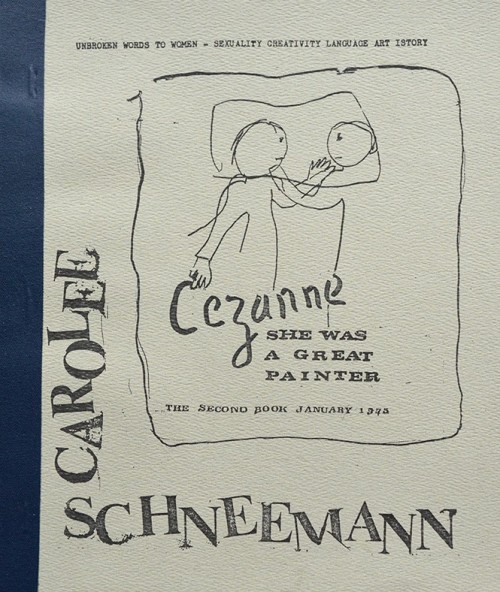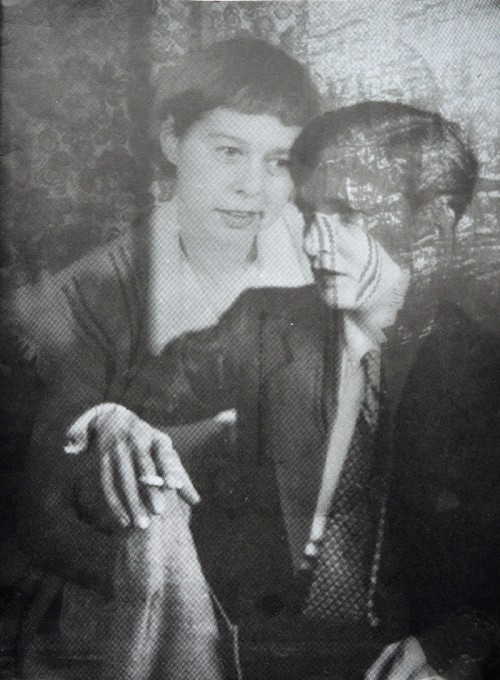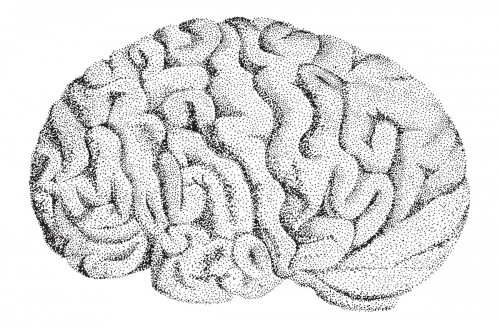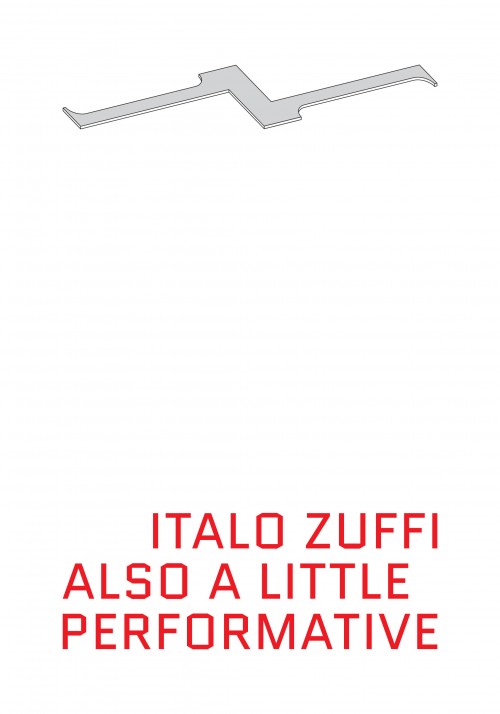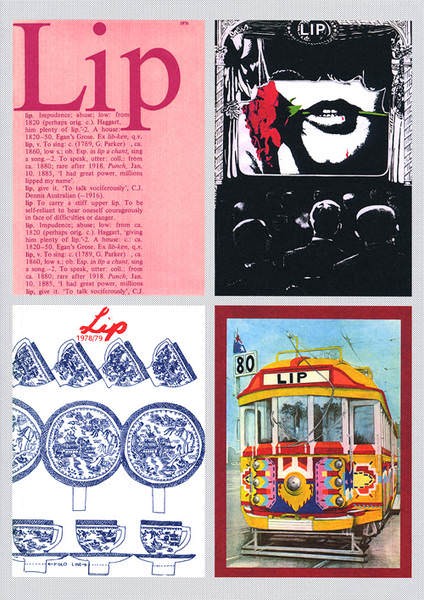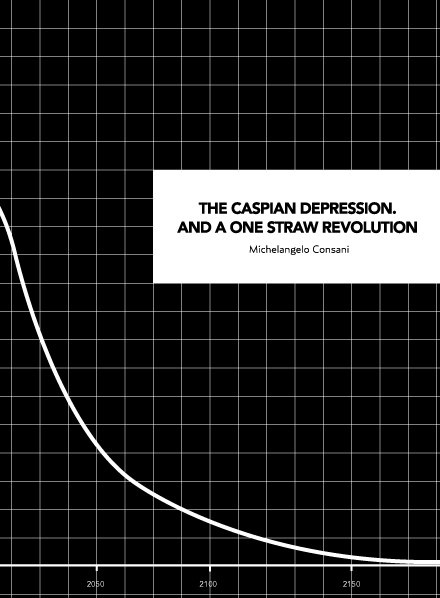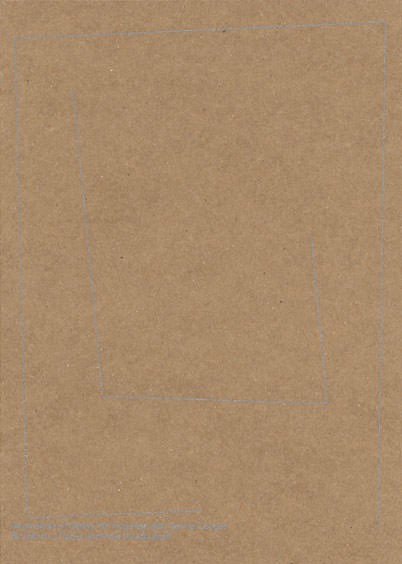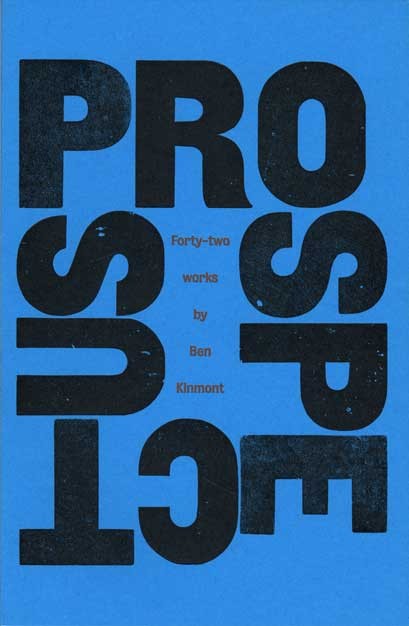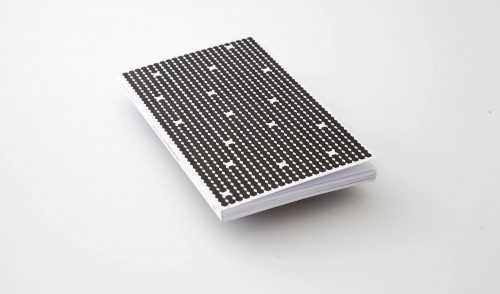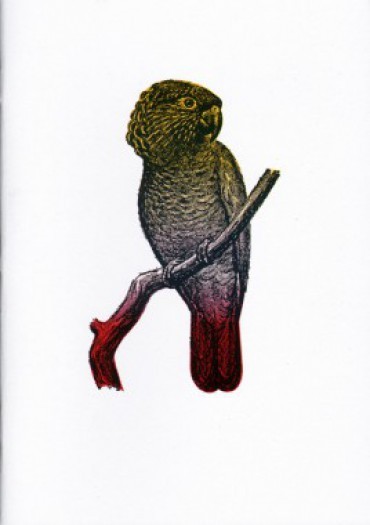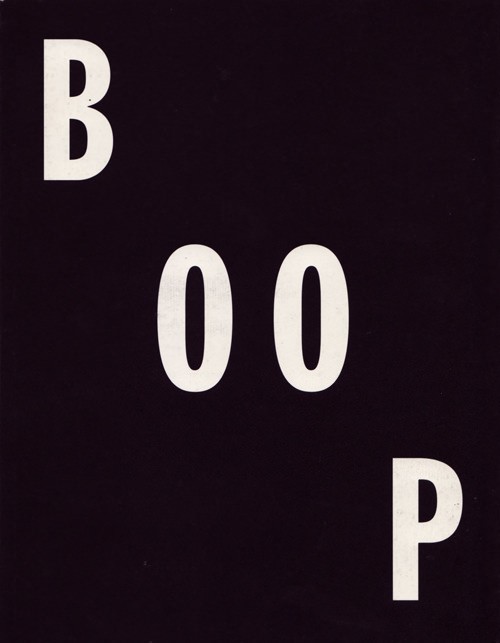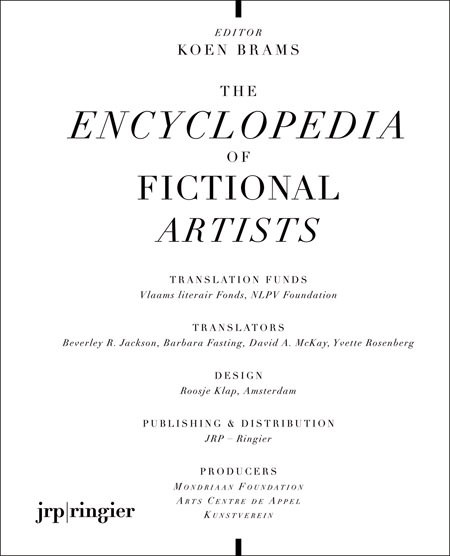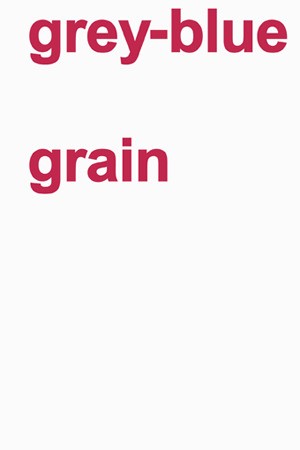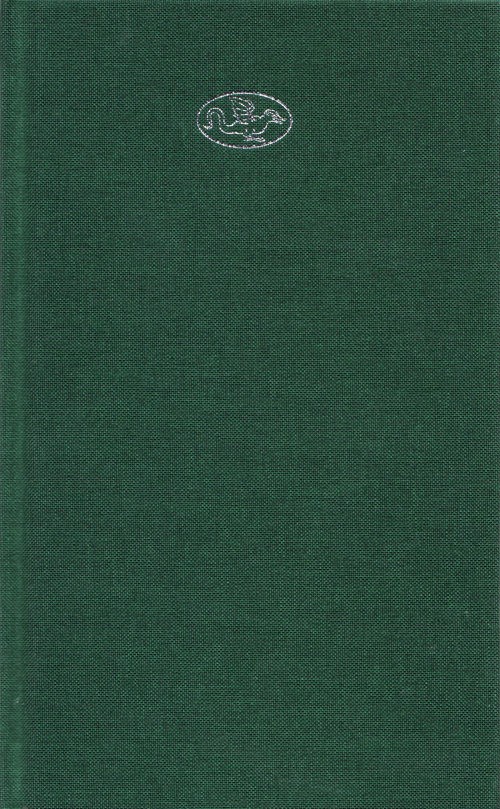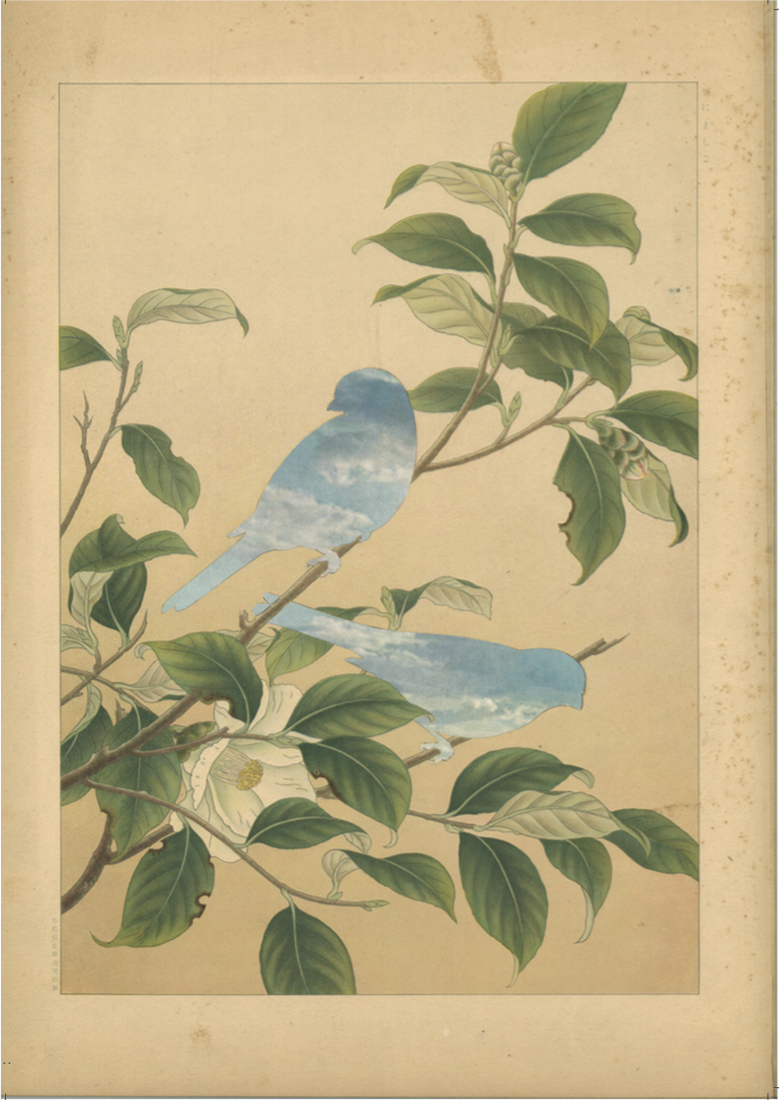
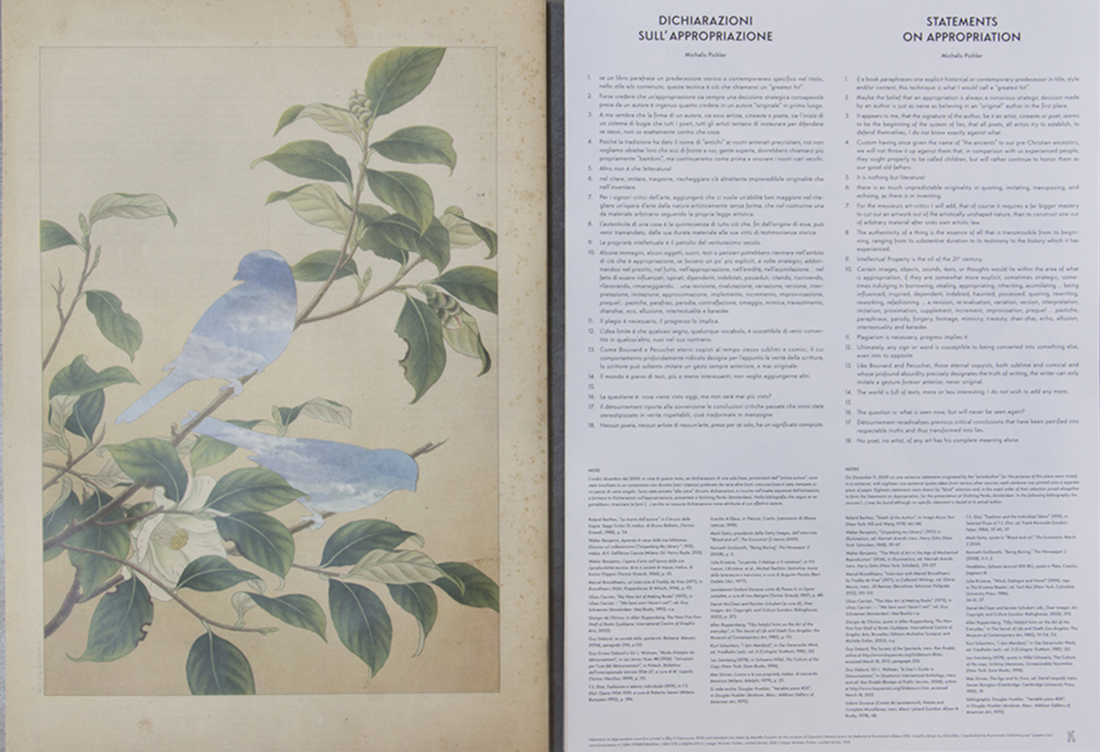
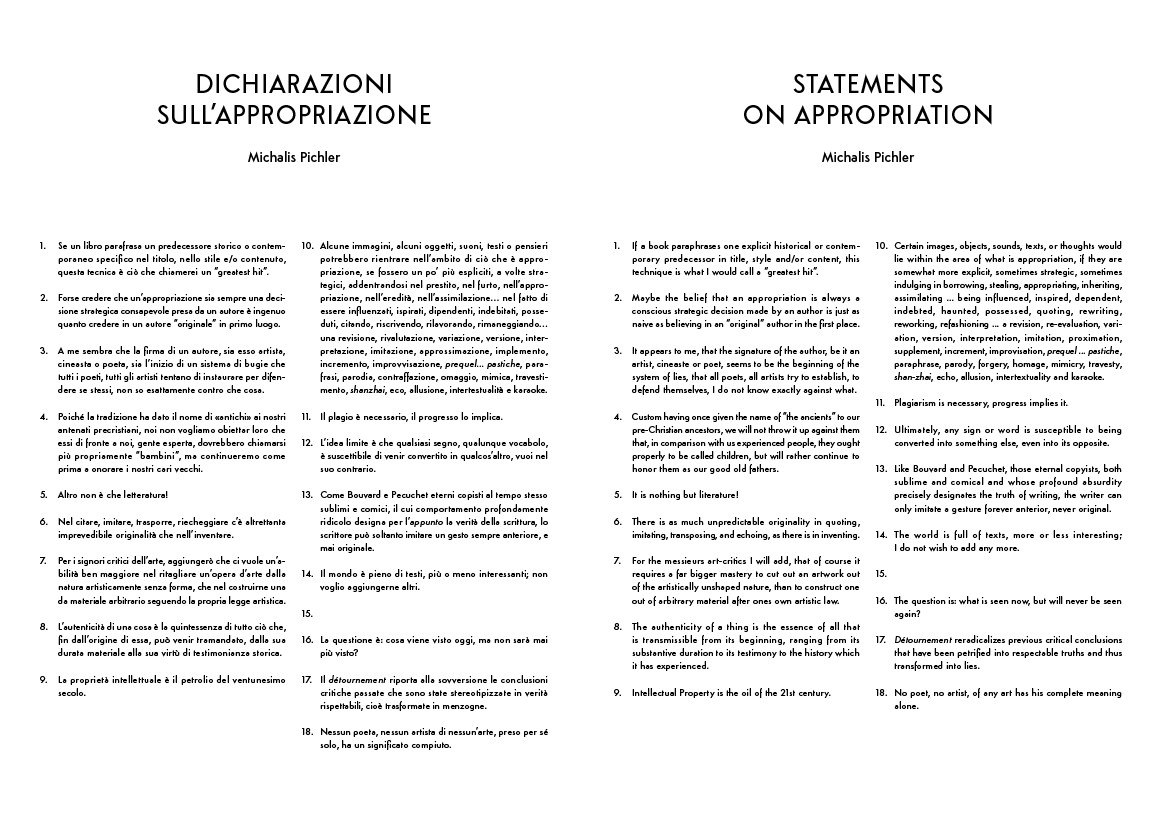
Statements on Appropriation
Michalis Pichler
December 2016
STATEMENTS ON APPROPRIATION
Michalis Pichler
-
if a book paraphrases one explicit historical or contemporary predecessor in title, style and/or content, this technique is what I would call a '"greatest hit".
-
Maybe the belief that an appropriation is always a conscious strategic decision made by an author is just as naive as believing in an "original" author in the first place.
-
It appears to me, that the signature of the author, be it an artist, cineaste or poet, seems to be the beginning of the system of lies, that all poets, all artists try to establish, to defend themselves, I do not know exactly against what.
-
Custom having once given the name of "the ancients" to our pre-Christian ancestors, we will not throw it up against them that, in comparison with us experienced people, they ought properly to be called children, but will rather continue to honor them as our good old fathers.
-
It is nothing but literature!
-
there is as much unpredictable originality in quoting, imitating, transposing, and echoing, as there is in inventing.
-
For the messieurs art-critics I will add, that of course it requires a far bigger mastery to cut out an artwork out of the artistically unshaped nature, than to construct one out of arbitrary material after ones own artistic law.
-
The authenticity of a thing is the essence of all that is transmissible from its beginning, ranging from its substantive duration to its testimony to the history which it has experienced.
-
Intellectual Property is the oil of the 21st century.
-
Certain images, objects, sounds, texts, or thoughts would lie within the area of what is appropriation, if they are somewhat more explicit, sometimes strategic, sometimes indulging in borrowing, stealing, appropriating, inheriting, assimilating ... being influenced, inspired, dependent, indebted, haunted, possessed, quoting, rewriting, reworking, refashioning ... a revision, re-evaluation, variation, version, interpretation, imitation, proximation, supplement, increment, improvisation, prequel ... pastiche, paraphrase, parody, forgery, homage, mimicry, travesty, shan-zhai, echo, allusion, intertextuality and karaoke.
-
Plagiarism is necessary, progress implies it.
-
Ultimately, any sign or word is susceptible to being converted into something else, even into its opposite.
-
Like Bouvard and Pecuchet, those eternal copyists, both sublime and comical and whose profound absurdity precisely designates the truth of writing, the writer can only imitate a gesture forever anterior, never original.
-
The world is full of texts, more or less interesting; I do not wish to add any more.
-
-
The question is: what is seen now, but will never be seen again?
-
Détournement reradicalizes previous critical conclusions that have been petrified into respectable truths and thus transformed into lies.
-
No poet, no artist, of any art has his complete meaning alone.
Notes
On December 11, 2009 six one sentence statements originated by the "artist/author" for the purpose of this piece were mixed, in a container, with eighteen one sentence quotes taken from various other sources; each sentence was printed onto a separate piece of paper. Eighteen statements were drawn by "blind" selection and, in the exact order of their selection joined altogether to form the Statements on Appropriation, for the presentation at Stichting Perdu, Amsterdam. In the following bibliography the sources (...) may be found although no specific statement is keyed to its actual author.
Roland Barthes, "Death of the Author", in Image-Music-Text (New York: Hill and Wang 1978) 142-148.
Walter Benjamin, "Unpacking my Library", (1931) in Illuminations, ed. Hannah Arendt, trans. Harry Zohn (New York: Schocken, 1968), 59-67.
Walter Benjamin, "The Work of Art in the Age of Mechanical Reproduction" (1936), in Illuminations, ed. Hannah Arendt, trans. Harry Zohn (New York: Schoken), 215-217.
Marcel Broodthaers, "Interview with Marcel Broodthaers by Freddy de Vree" (1971), in Collected Writings, ed. Gloria Moure, trans. Jill Ramsey (Barcelona: Ediciones Polígrafa, 2012), 310-312.
Ulises Carrión, "The New Art of Making Books" (1975), in Ulises Carrión — "We have won! Haven't we?," ed. Guy Schraenen (Amsterdam: Idea Books) n.p.
Giorgio de Chirico, quote in Allen Ruppersberg, The New Five-Foot Shelf of Books (Ljubljana: International Centre of Graphic Arts, Bruxelles: Editions Micheline Szwajcer and Michèle Didier, 2003), n.p.
Guy Debord, The Society of the Spectacle, trans. Ken Knabb, online at http://www.bopsecrets.org/SI/detourn.8htm, accessed March 18, 2015, paragraph 206.
Guy Debord, Gil J. Wolman, "A User's Guide to Détournement," in Situationist International Anthology, trans. and ed. Ken Knabb (Bureau of Public Secrets, 2006), online at http://www.bopsecrets.org/SI/detourn.htm, accessed March 18, 2015.
Isidore Ducasse (Comte de Lautrèamont), Poésies and Complete Miscellanea, trans. Alexis Lykiard (London: Alison & Busby, 1978), 68.
T.S. Eliot, "Tradition and the Individual Talent" (1919), in Selected Prose of T.S. Eliot, ed. Frank Kermode (London: Faber, 1984), 37-40, 37.
Mark Getty, quote in "Blood and oil," The Economist, March 2 2000.
Kenneth Goldsmith, "Being Boring," The Newspaper 2 (2008), 2-3, 2.
Herakleitos, Ephesos (around 500 BC), quote in Plato, Cratylus, fragment 41.
Julia Kristeva, "Word, Dialogue and Novel" (1996), repr. in The Kristeva Reader, ed. Toril Moi (New York: Columbia University Press, 1986), 34-61, 37.
Daniel McClean and karsten Schubert, eds., Dear Images: Art, Copyright, and Culture, (London: Ridinghouse, 2002), 372.
Allen Ruppersberg, "Fifty Helpful hints on the Art of the Everyday," in The Secret of Life and Death (Los Angeles: The Museum of Contemporary Art, 1985), 111-114, 113.
Kurt Schwitters, "i (ein Manifest)," in Das literarische Werk, ed. Friedhelm Lach, vol. 5 (Cologne: DuMont, 1981), 125.
Leo Steinberg (1978), quote in Hillel Schwartz, The Culture of the copy. Striking Likenesses, Unreasonable Facsimilies (New York: Zone Books, 1996).
Max Stirner, The Ego and Its Own, ed. David Leopold, trans. Steven Byington (Cambridge: Cambridge University Press, 1995), 19.
bibliography:
see also: Douglas Huebler, "Variable piece #20,", in Douglas Huebler (Andover, Mass.: Addison Gallery of American Art, 1970).
Statements on Appropriation / Statements zur Appropriation, were first printed in Fillip 11 (Vancouver:2010).
Kunstverein Publishing Milano
ISBN: 978-88-908681-8-4
